Le Thi My Niem
Photos: Courtesy of organizers and archives
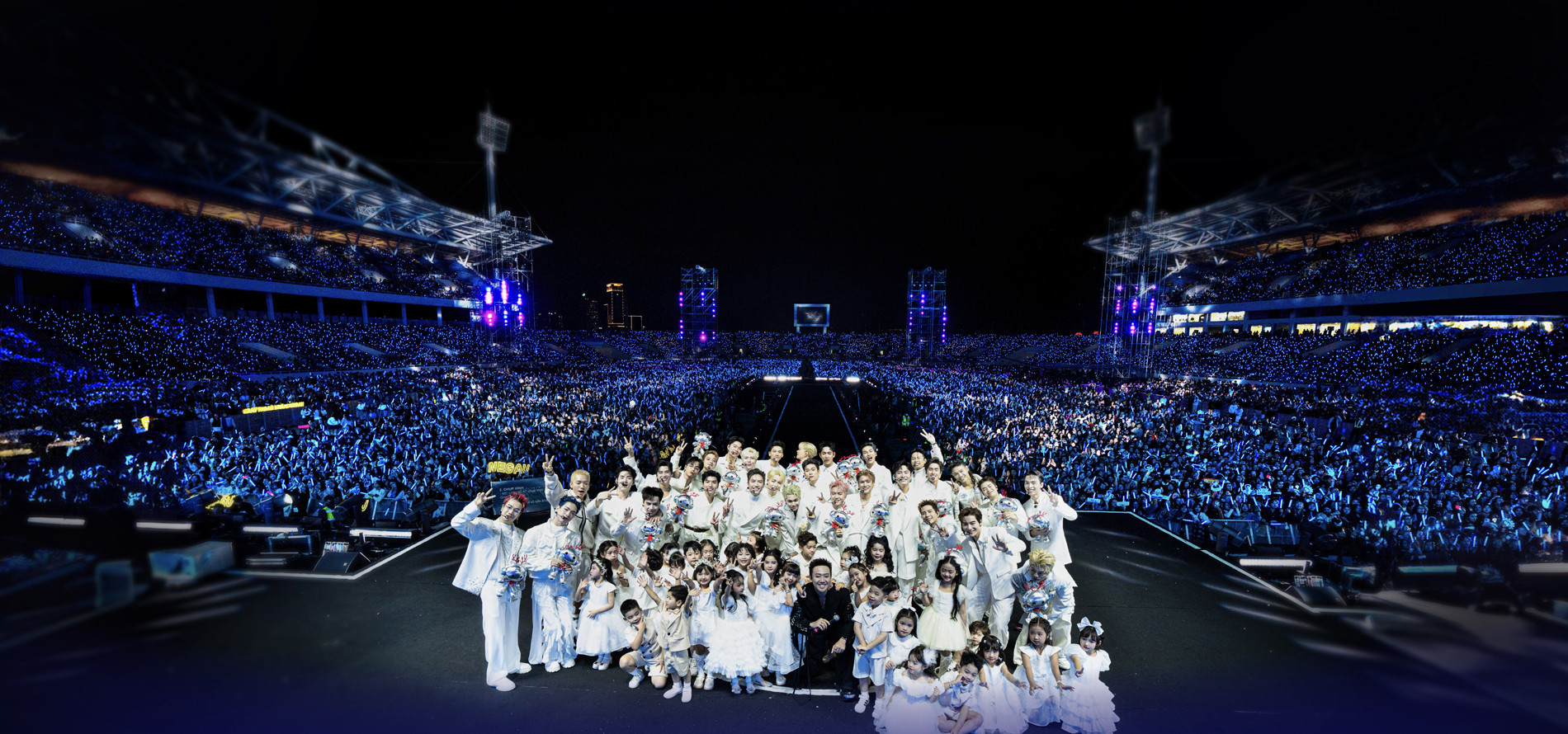
The summer of 2024 marked a turning point for Vietnam's entertainment industry with the release of two reality shows, Anh Trai Say Hi (Brothers Say Hi) and Anh Trai Vuot Ngan Chong Gai (Call Me By Fire). Airing simultaneously, these programs delivered not only immense entertainment value but also reshaped the domestic market, creating a ripple effect across fan culture, artist careers, and production standards.
A springboard to stardom for 63 artists
Both shows significantly altered the careers of 63 participating male artists. Anh Trai Say Hi proved instrumental in catapulting young, undiscovered talents to celebrity status. Notable examples include HIEUTHUHAI, Rhyder, Dương Domic, Hurrykng, Captain, and Wean Le. Following the competition, HIEUTHUHAI’s performance fees soared to rank among the top five in Vietnam’s showbiz, while Rhyder achieved A-list status with a significant boost in earnings. Similarly, rapper Wean Le saw his rates rise by 50%.
Dương Domic’s meteoric rise stands out as one of the show’s most remarkable success stories. The once-unknown performer saw his fees increase by an astonishing 30–60 times, transitioning from obscurity to a sought-after star. Established names such as JSOL, Hải Đăng Doo, Pham Anh Duy, and Quang Hung MasterD also experienced sharp increases in demand, while singer Isaac’s packed schedule now extends until early 2025.
On the other hand, Anh Trai Vuot Ngan Chong Gai provided a platform for established artists to reclaim their spotlight or reaffirm their talent. Soobin solidified his A-list position, and Bui Cong Nam secured lucrative contracts with record-breaking figures. Artists like Cường Seven, Kay Trần, Jun Phạm, Tang Phuc, Thanh Duy, and S.T Son Thach also experienced career resurgences, while veterans such as NSND Tu Long, Dinh Tien Dat, and Pham Khánh Hung enjoyed renewed popularity.

Vietnam’s idol culture hits new heights
The combined success of the two programs has ignited a powerful idol culture in Vietnam, one reminiscent of thriving markets like South Korea and China. Fan clubs - once small and niche - have grown into professional, well-organized communities dedicated to supporting their idols.
The phenomenon was evident through sold-out fan meetings. For instance, Quang Hung MasterD’s 1,000 tickets sold out in under five minutes, while Neko Le’s fan event reached capacity in just one minute, with top-tier tickets priced at 3 million VND. Soobin’s fan meeting broke records, selling out 1,000 tickets in just 35 seconds, with premium seats reaching 6.5 million VND.
Fans have demonstrated extraordinary dedication, organizing extravagant campaigns to promote their idols. Soobin’s fans, for instance, hired a master chef to prepare fine-dining meals for over 30 crew members and provided food trucks for hundreds of staff. They even funded projects like mascot installations, double-decker bus ads, and large-scale LED screens displaying idol images nationwide, with some campaigns extending as far as New York’s Times Square. A particularly notable gesture saw a wealthy female fan donate over 100 million VND to aid post-storm recovery efforts in Soobin’s name.
Concerts have transformed into spectacular events with thousands of banners, photo booths, and food trucks creating a festival-like atmosphere. At the Anh Trai Say Hi concert in Ho Chi Minh City, a fan bought 80 servings of ice cream and 100 collectible cards to share with others in the fandom.
The concert scene has also reached unprecedented heights. The Anh Trai Vuot Ngan Chong Gai concert series in Hanoi saw tickets sell out within 40 minutes, while the third Anh Trai Say Hi show at My Dinh National Stadium achieved full capacity in 45 minutes. Enthusiastic fans camped overnight and queued for hours in cold weather to secure prime seating - a scene previously exclusive to K-pop or international artists.
These high-energy events dazzled audiences with visually stunning performances, synchronized fanchants, and lightstick oceans - a spectacle once thought unattainable in Vietnam. Viral videos from these concerts even received acclaim on Chinese social media platforms, with some claiming they rival or surpass local productions.
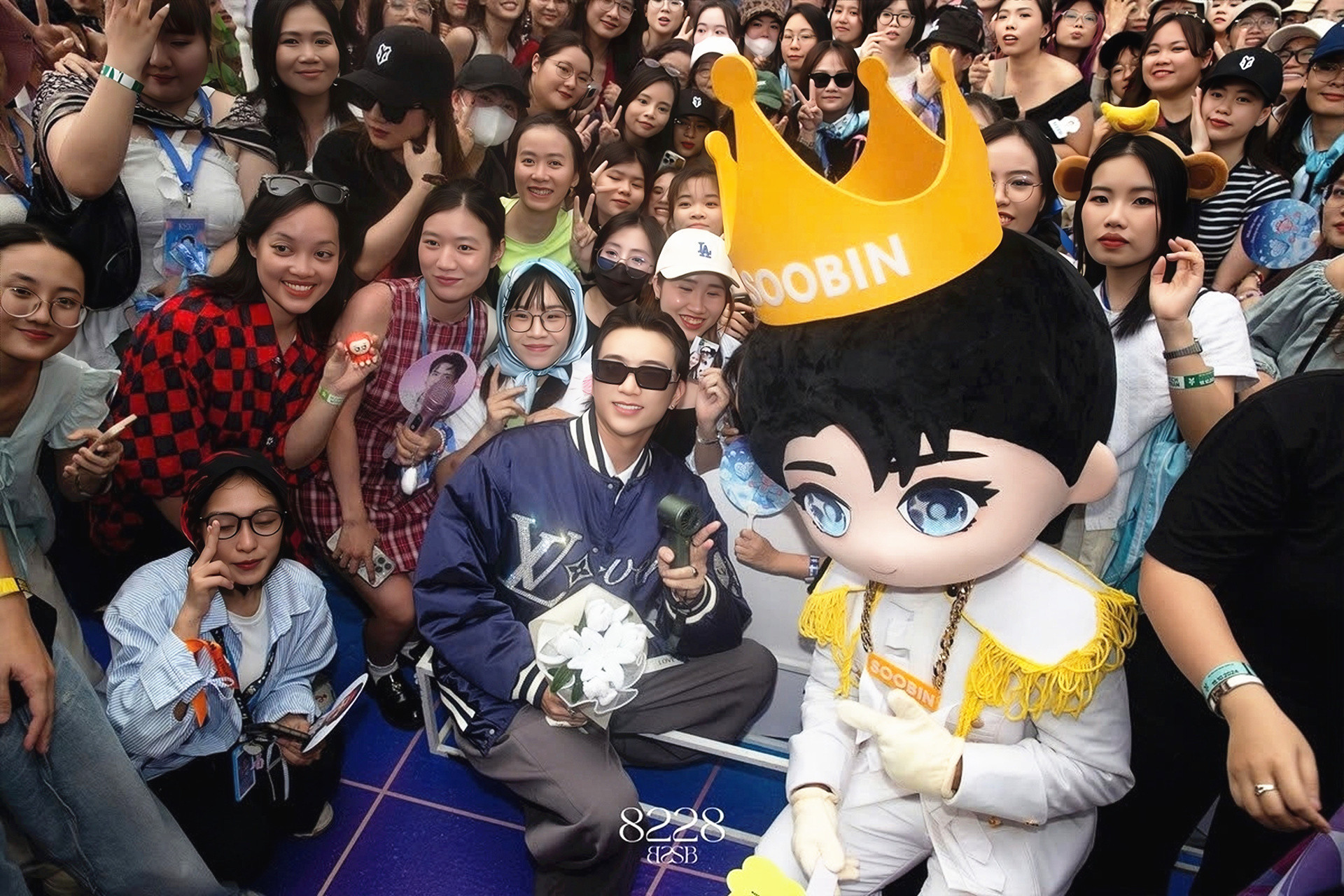
 |
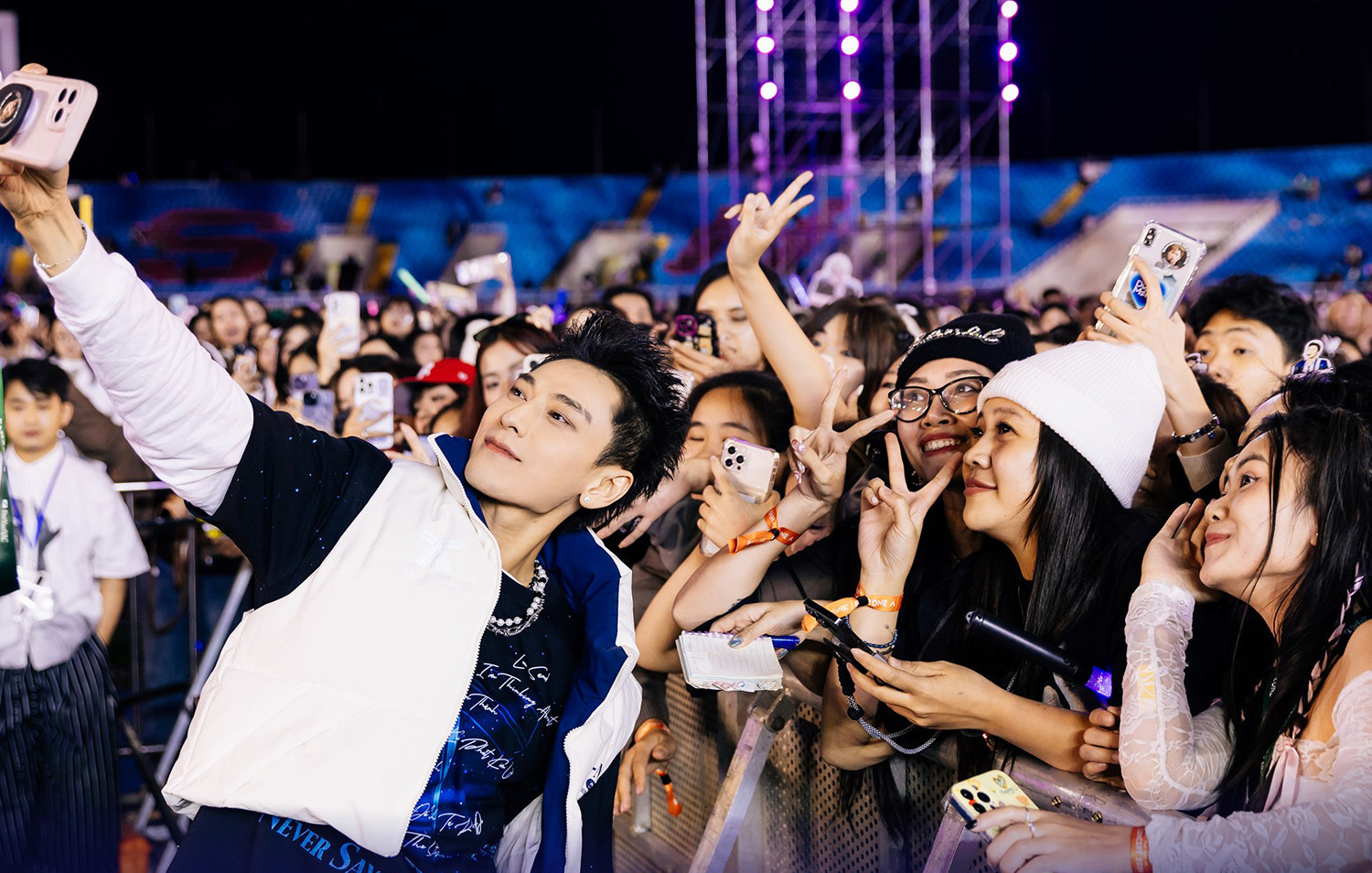 |
 |
 |
 |
 |
An industry-wide transformation
The immense success of Anh Trai Say Hi and Anh Trai Vuot Ngan Chong Gai has set new standards for Vietnam’s entertainment sector, pushing production quality to international levels. Competing shows, like the 2024 season of Chi Dep Dap Gio (Sisters Who Make Waves), have faced scrutiny and comparison due to heightened audience expectations. Moving forward, production companies will be under pressure to deliver content that meets this elevated standard, or risk being left behind.
Moreover, the large-scale concerts organized by the two shows highlight Vietnam’s potential to host music events rivaling those in other global entertainment hubs. With concerts attracting tens of thousands of attendees, future productions will require significant investments in infrastructure, technology, and human resources.
While the two programs differ in style - Anh Trai Say Hi embraces a modern, K-pop-inspired aesthetic, while Anh Trai Vuot Ngan Chong Gai emphasizes grandiose performances that celebrate traditional music and culture - both have achieved groundbreaking success. They have laid the foundation for future entertainment endeavors and inspired a generation of artists, producers, and fans to dream bigger.
The “battle” between these two programs, with all its ripple effects, represents a rare phenomenon in Vietnamese entertainment - one that will be difficult to replicate, even for the creators themselves. However, as the bar continues to rise, this milestone may well serve as the starting point for a new era of showbiz excellence.
 |
 |
 |
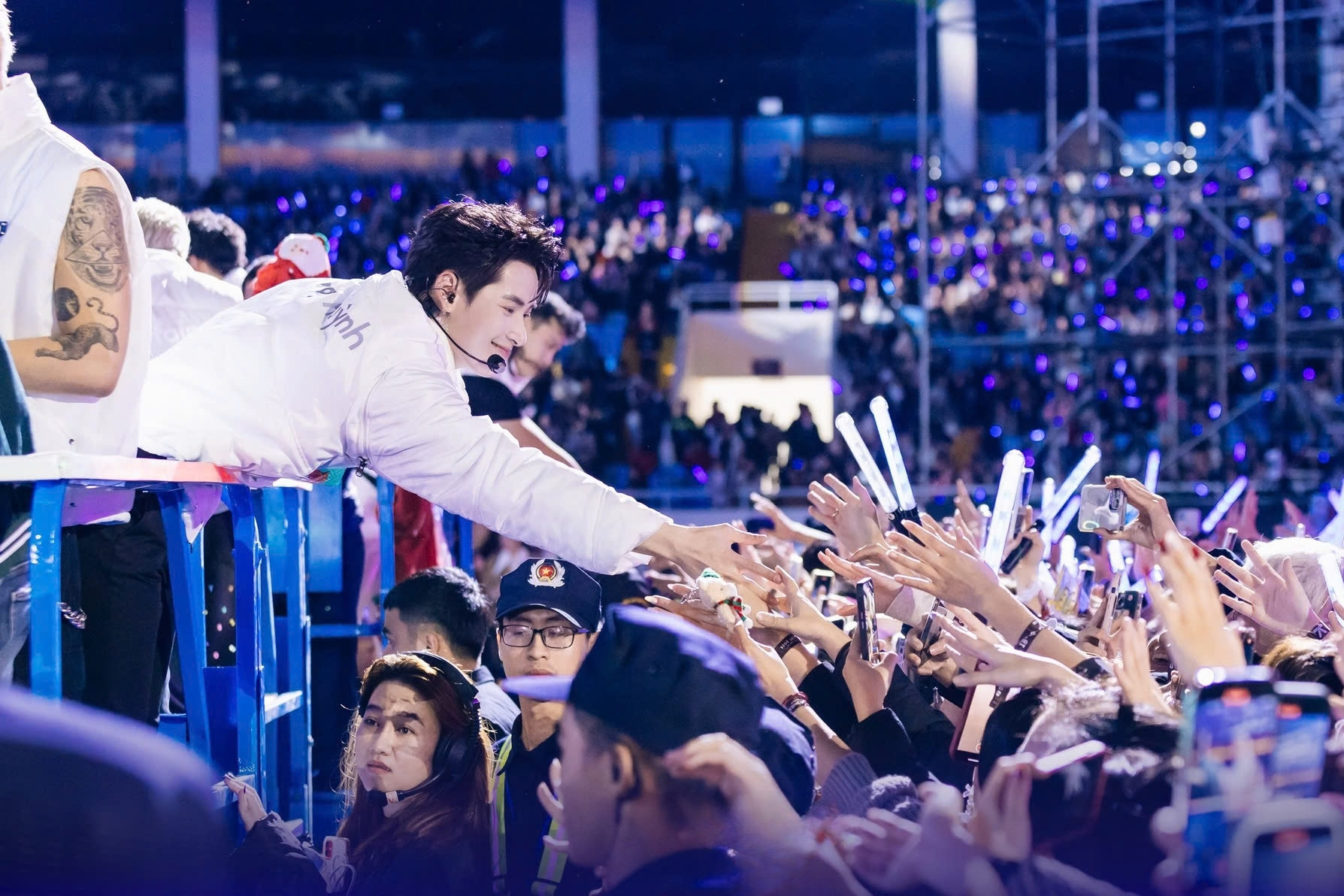 |
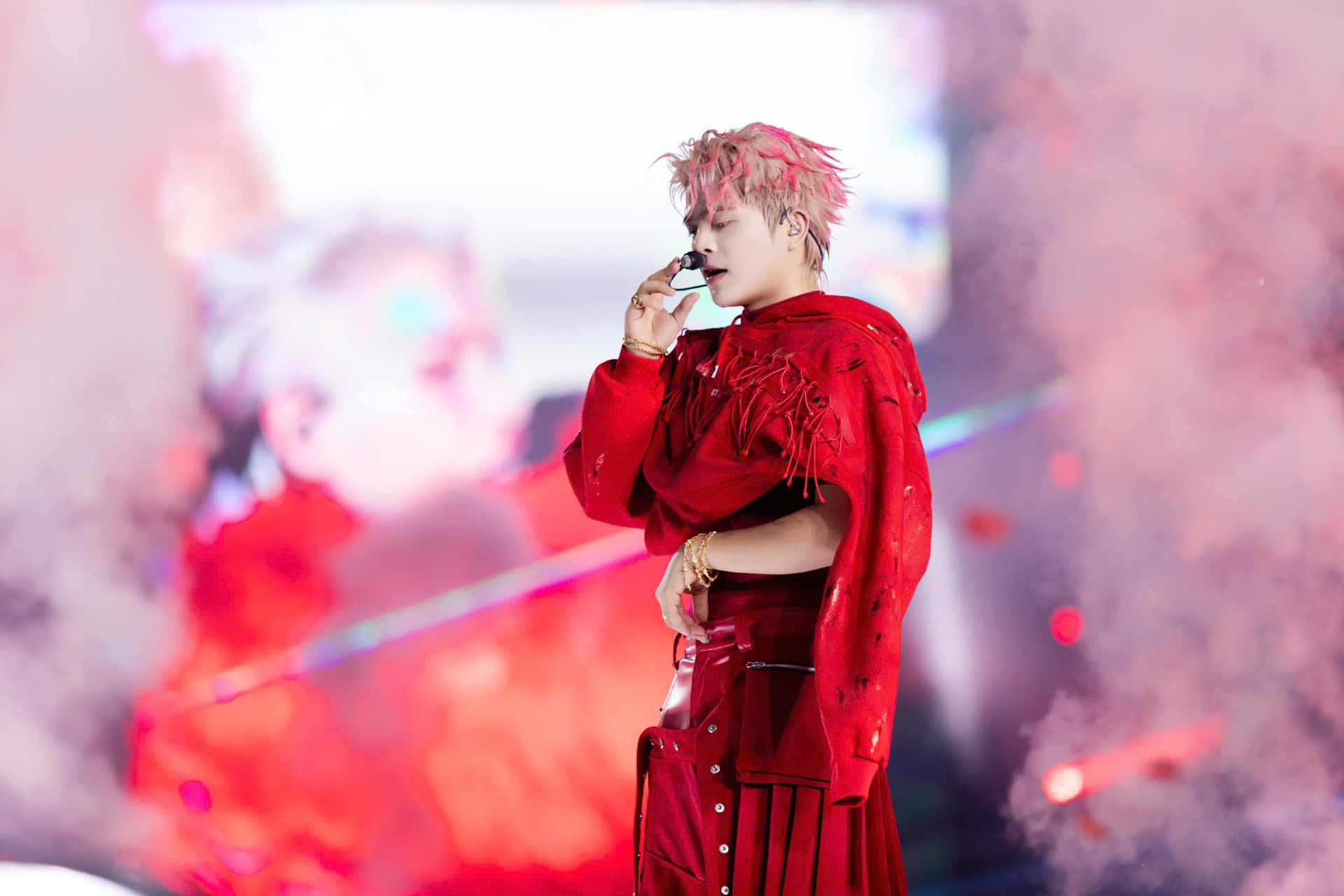
 |
 |